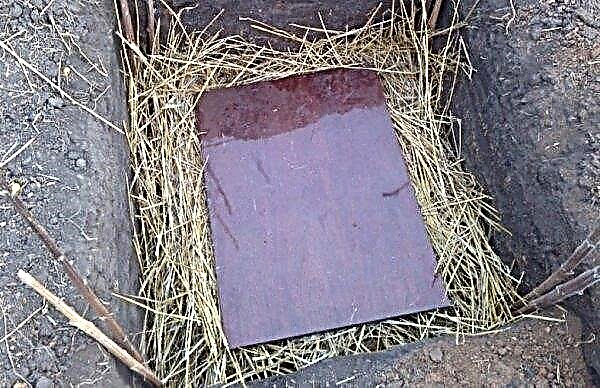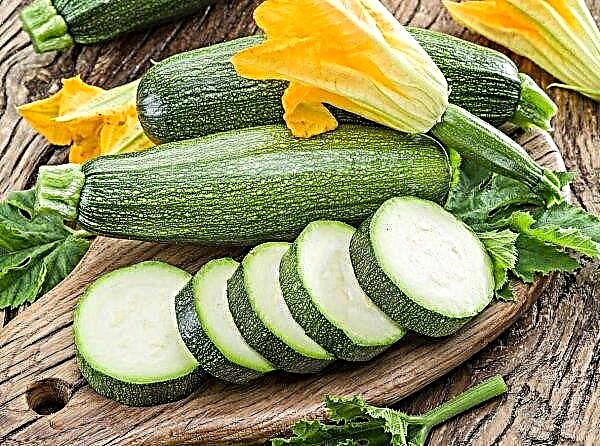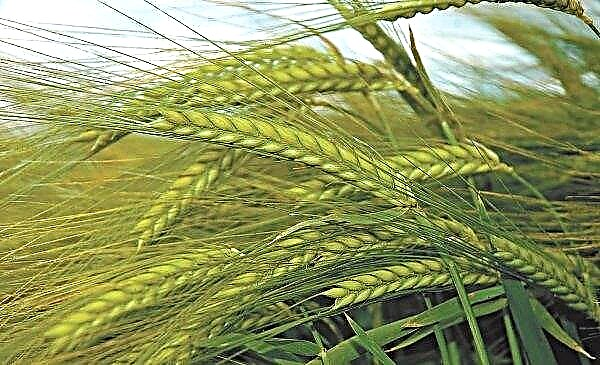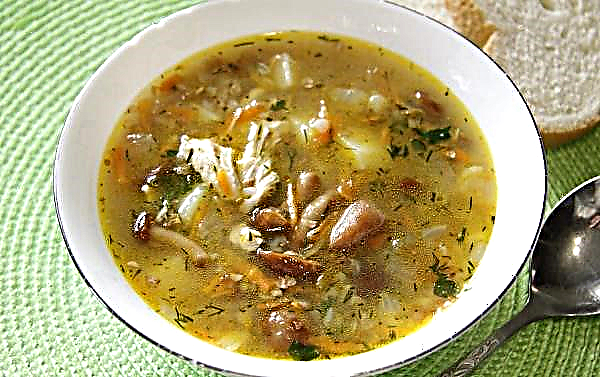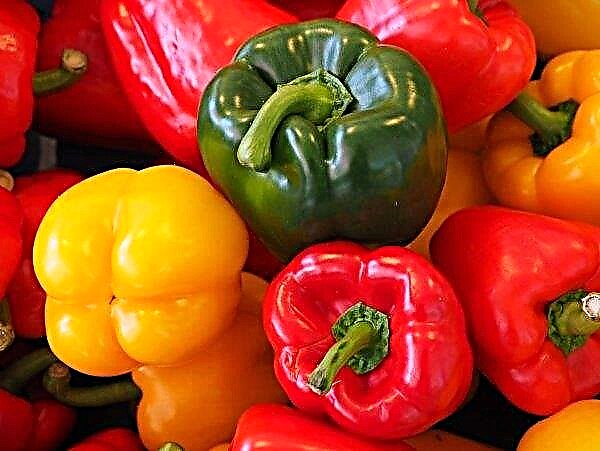The Ministry of Agriculture of Tunisia expects that this year the grain harvest in the country will reach 2 million tons, which is almost 50% higher than last year, and 40% higher than the average for the last decade.
Although a higher projected grain crop does not put an end to Tunisia's dependence on cereal imports, it will help reduce the trade and budget deficit, which has increased over the past eight years due to economic stagnation.
Grain traders and experts believe that domestic grain production will help reduce Tunisia's imports by about 20% compared to last year.

This means that Tunisia will import about 2.9 million tons of grain crops from July 2019 to June 2020, including 800,000 tons of soft wheat. Tunisia's domestic grain production is changing dramatically with the weather.
The area of irrigated wheat is 13% of the total area on which wheat is grown. Most of the irrigated land is used for durum wheat as part of the country's strategy to reduce dependence on imported durum wheat, which is more expensive and has a limited supply on the international market.



